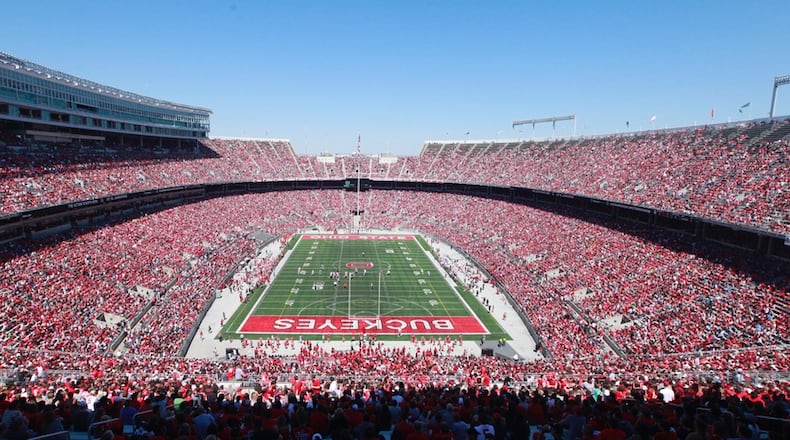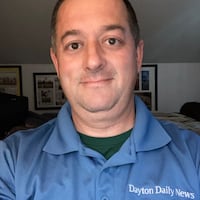On the first day the NCAA allowed athletes to make money off their fame, Petit-Frere signed an endorsement deal with Flix CV, a technology company based in Tampa, Fla.
“Nicholas represents our value proposition very well,” said Dianna Paxton, Flix CV Founder and CEO, in a press release. “His role at Ohio State is to protect the quarterback and Flix CV technology protects businesses from making bad hiring decisions. Nicholas is progressive in being one of the first college athletes to capitalize on his name to become a company spokesperson, much like Flix CV is progressive in the application of our innovative technology to transform the recruiting process.”
I am proud to announce that I have officially signed an endorsement deal with the recruiting technology company Flix CV. Go to https://t.co/BjBFjTZvew to see the press release. pic.twitter.com/9Ew2PyqL5a
— Nicholas Petit-Frere (@NicholasPetit) July 1, 2021
The NIL era does come with rules attached for college athletes. Here’s a breakdown of what they can and can’t do:
Athletes can:
• Profit from the use of their names, image and likeness by endorsing products, running sports camps, signing autographs, etc.
• Hire a professional services provider to help them find NIL deals.
The NCAA defines the providers as “an individual who provides third-party services to a prospective or current student-athlete. It includes, but is not limited to, an agent, tax advisor, marketing consultant, attorney, brand management company or anyone who is employed or associated with such persons.”
• Enter into NIL contracts with boosters, as long it “is not an impermissible inducement and it does not constitute pay-for-play,” according to the NCAA.
Athletes can’t:
• Wear anything with the logo or marks of their schools in advertisements.
• Use content (photos, videos, audio) provided by their schools in NIL activities.
• Use official university phrases.
• Sell team gear unless they have purchased it from their school.
• Be compensated for athletic participation or achievement.
• Endorse companies or products involving controlled substances, marijuana, alcohol, tobacco, vapor, gambling, etc.
• “Enter into contracts providing compensation to the student-athlete for use of their NIL during official team activities (games, practices, meetings, etc.),” according to a University of Dayton press release from Athletic Director Neil Sullivan.
About the Author

